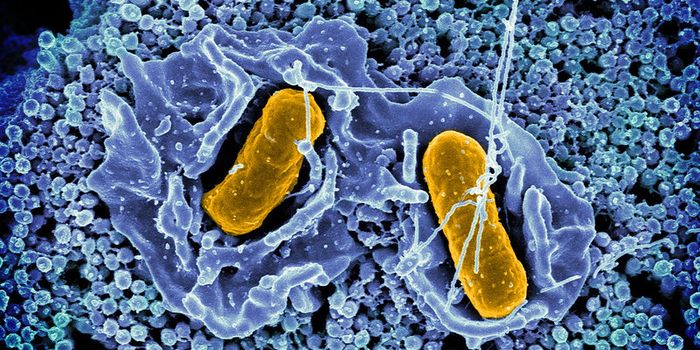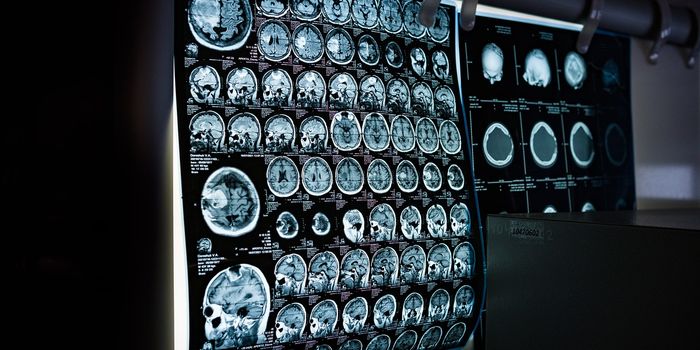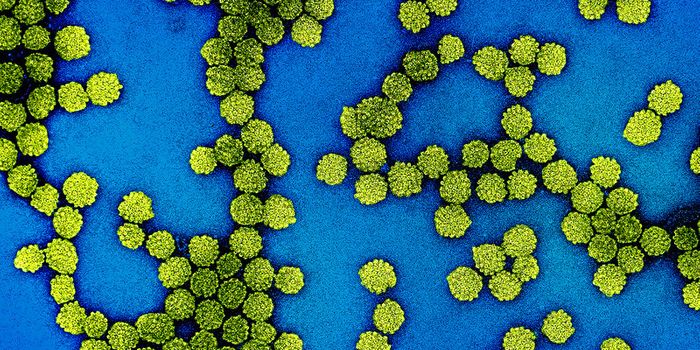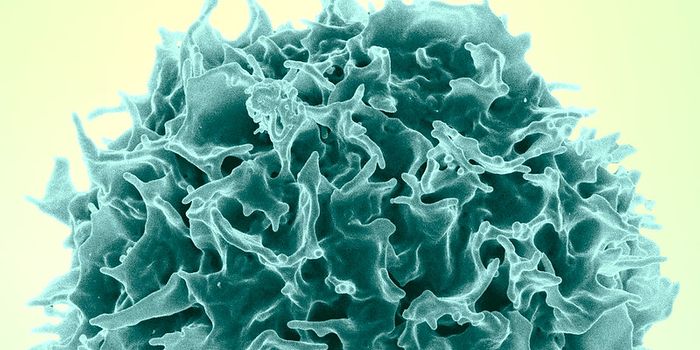Support the Microbiome So the Immune System Can Do Its Job
Research has long connected the human microbiome and immune system function, and now a recent study pinpoints a key point in that connection. Scientists from Charité - Universitätsmedizin Berlin found that the immune system needs specific microorganism activity from the microbiome in order to knock down the first domino in a series of chain reactions to react to pathogenic infections.
Epithelial tissues of the skin are exposed to the outside environment and therefore more vulnerable to pathogenic infection than internal tissues. However, the skin also has a unique community of microorganisms that make up the skin microbiome. There are microbiomes all over the human body, most notably in the lower gastrointestinal (GI) tract, often called the “gut microbiome.” Microbiomes include bacteria, viruses, fungi, and parasites and their immediate habitats and metabolites.
The microbiome has been extensively studied for its effects on human health and physiology. In the current study, researchers examine the microbiome’s role in signaling pathways in the immune system, especially those that are important for a quick response to pathogenic infection.
Researchers focused on a type of immune cell called conventional dendritic cells (cDCs), a key player in triggering the non-specific, innate immune response when a pathogen is detected. cDCs are equipped to recognize pathogens as a threat, absorb pathogenic components through a process called phagocytosis, and display the digestive pathogen parts as a red flag on their cell surface. cDCs also trigger the cytokine release; cytokines are signaling chemicals that recruit immune cells to an infection site.
The act of presenting the digested pathogenic components, called antigens, flags down and activates T cells that then initiate the targeted, adaptive immune response. If cDCs accidentally recognize the body’s own cells as pathogenic and present them as antigens on their cell surface, the adaptive immune system still may respond, which is what happens during autoimmune disease
In the recent study, researchers found that cDCs rely on signaling from the microbiome in a “basal state” – absent of infection – to be able to later respond to pathogenic invasion. Researchers observed a continuous state of the microbiome interacting and supporting the immune system. It doesn’t seem to be enough for the microbiome to signal to the immune system in the middle of an infection; preparation, or “priming,” had to occur for a successful immune response.
"In this study, we were able to show that, in their basal state, these specialist immune cells are subject to the uninterrupted microbiome-controlled signaling of type I interferons (IFN-I),” explained research leader Dr. Andreas Diefenbach.
Interferons are a type of cytokine, and IFN-I appear to play a primary role in preparing the immune system for future pathogenic attacks.
Researchers used various animal models as well as sequencing technology to analyze the epigenomes and transcriptomes of cDCs, comparing germ-free (sterile) animals with control animals and interferon-deficient animals. The data served to portray cDC activity on the molecular level, mainly highlighting the role of interferon signaling.
They observed minimal gene expression in the mitochondrial respiratory chain in both sterile animal models and interferon-deficient models. Without functional cDC cellular metabolism, the immune system can’t properly initiate a response when the body needs it the most.
New therapeutic approaches could be developed based on this research as scientists may gain the opportunity to manipulate interferon signaling: increasing signaling to bolster the immune response to pathogens and cancer or decreasing signaling to blunt the activity that leads to autoimmune reactions.
Sources: Charité - Universitätsmedizin Berlin, Cell








